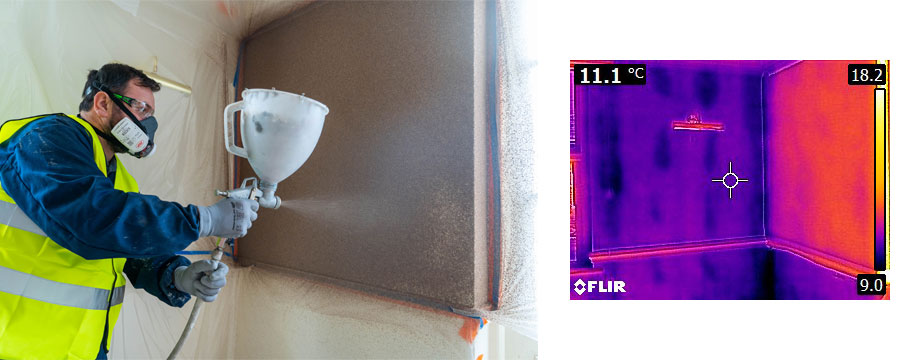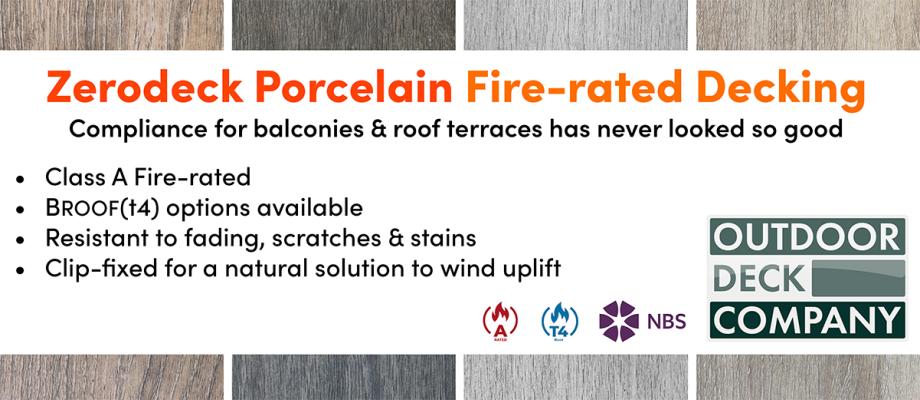To many working in social housing - and those living in these properties - it will be evident that there is a problem with a lot of the current housing stock, which is one of the oldest in Europe. Many of these problems relate to damp, condensation and mould, with The English Housing Survey for Housing Quality and Condition1 claiming that 3.5 million occupied homes were not suitable and did not meet the Decent Homes Standard in 2020, with 4% having serious damp issues.
This can lead to a number of health-related problems, such as asthma, COPD, and can, in the worse circumstances, be fatal. It is estimated to cost the NHS £38 million2 to treat the impact of damp.
Tenants First
To protect tenants, a new law came into force in 2019 to ensure rented properties are ‘fit for human habitation’. This means that houses must be safe, healthy, and free from things that could cause serious harm – otherwise the landlords can face high remedial costs and fines. The Homes (Fitness for Human Habitation) Act 2018 helps tenants and landlords by making sure that their rental property isn’t causing them to live in dangerous or unhealthy conditions.
Landlords, Housing Associations and Social Housing providers have a duty of care to rectify issues raised by tenants. And one of the major issues is damp or mould – an issue that still has not been rectified. And this isn’t something you can leave to the tenant to fix; it is the legal responsibility of the landlord to make sure their properties are fit for people to live in.
The Problem With Mould
Black mould is a type of fungus that grows in damp or humid conditions and produces spores. These are allergens, meaning they can cause various allergic reactions. It is why inhaling or touching them can cause health issues or make existing conditions worse.
The spores allow mould to keep reproducing and growing. They are always present in the air and effectively nothing that can be done about this. So it is important to deny the spores the water they need to form into mould itself.
It is possible to reduce some of the moisture in the air, but as it comes from activities such as breathing and cooking, it will never be fully eliminated. So, it is important to improve the ventilation of the property, and then the insulation.

The Solution
SprayCork, from CorkSol UK, is a sustainable and eco-friendly sprayed cork coating for walls and ceilings that raises the temperature of the surface. This moves the dew point which helps to eliminate condensation forming on surfaces.
As it is an extremely thin coating, applied at 6-8mm with skim, it is the ideal solution for retrofitting properties with mould issues. It also improves the thermal performance and energy efficiency of the property, providing tenants with a healthy and safe space to live, and peace of mind to the landlord.
The thin layer at which the product is applied makes it perfect for:
• Small rooms and tight spaces where thicker layers cause unacceptable reduction in room size
• Properties with historic internal architectural details, which should not be concealed behind thick layers of insulation for conservation reasons
• Properties on a tight budget, who do not want the extra cost, time and hassle of repositioning services such as electrical points and radiators
We have recently launched a new CPD course focused on Black Spot Mould. It is delivered remotely or on-site by our new Specification Sales Manager, James Erskine. This course looks at the causes and associated risks of black spot mould, along with some of the methods of treatment. If you would like to participate on the course or discuss how SprayCork can help solve mould problems within your housing portfolio, then contact us today on 01484 442 420.
1 https://assets.publishing.service.gov.uk/government/uploads/system/uploads/attachment_data/file/1088447/EHS_Housing_quality_and_condition_report_2020.pdf
2 https://bregroup.com/press-releases/bre-report-finds-poor-housing-is-costing-nhs-1-4bn-a-year/
Images © Corksol
- Log in to post comments















